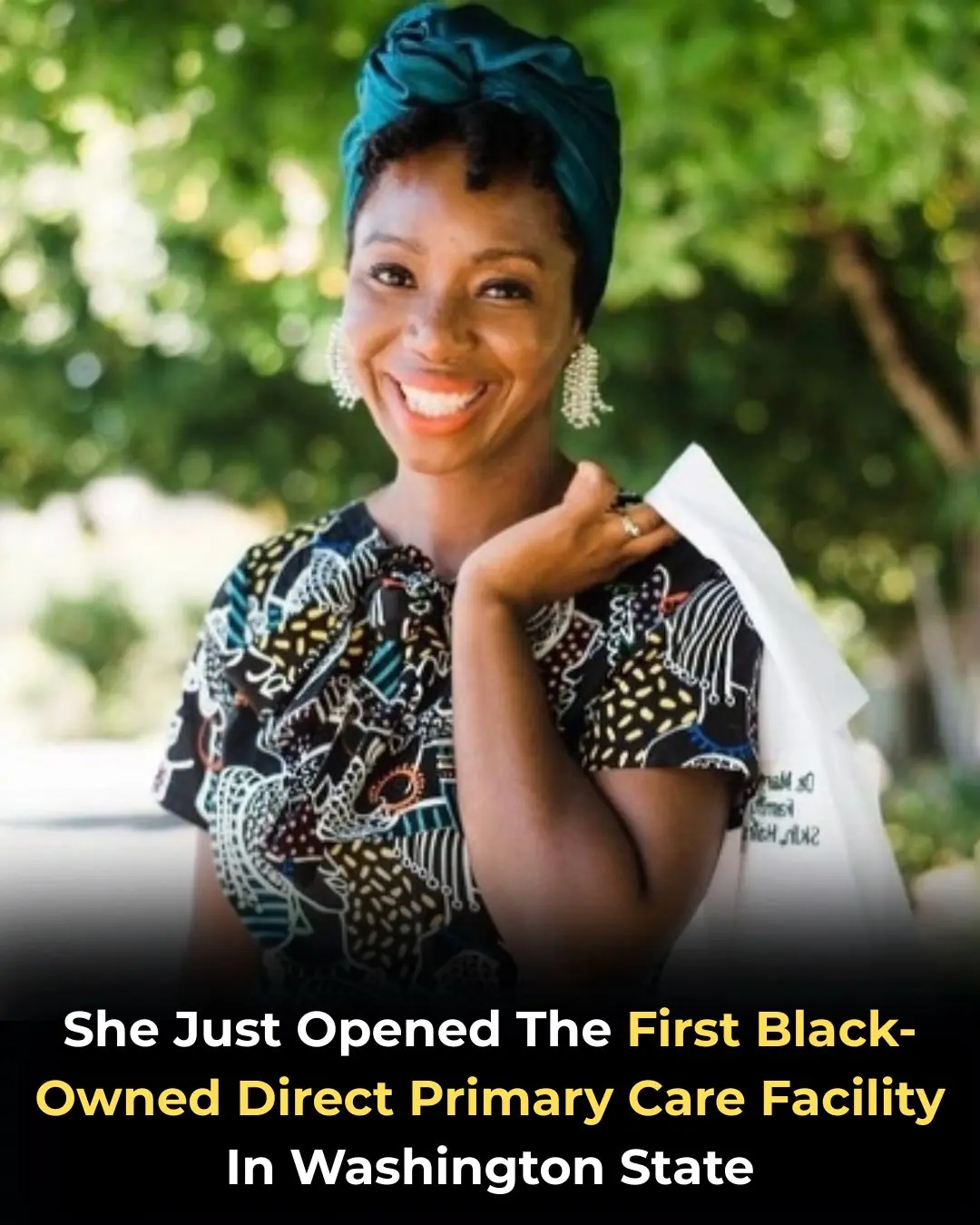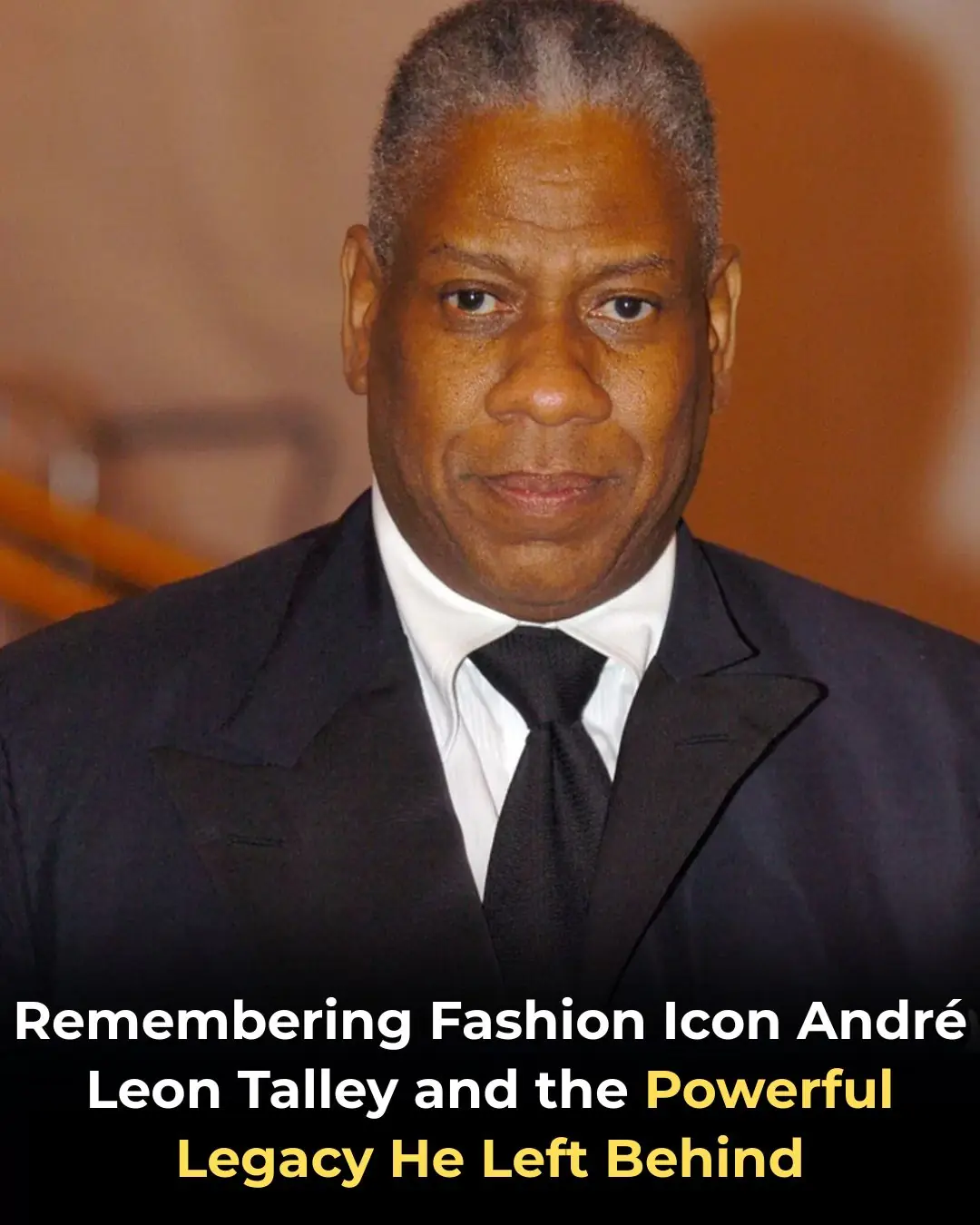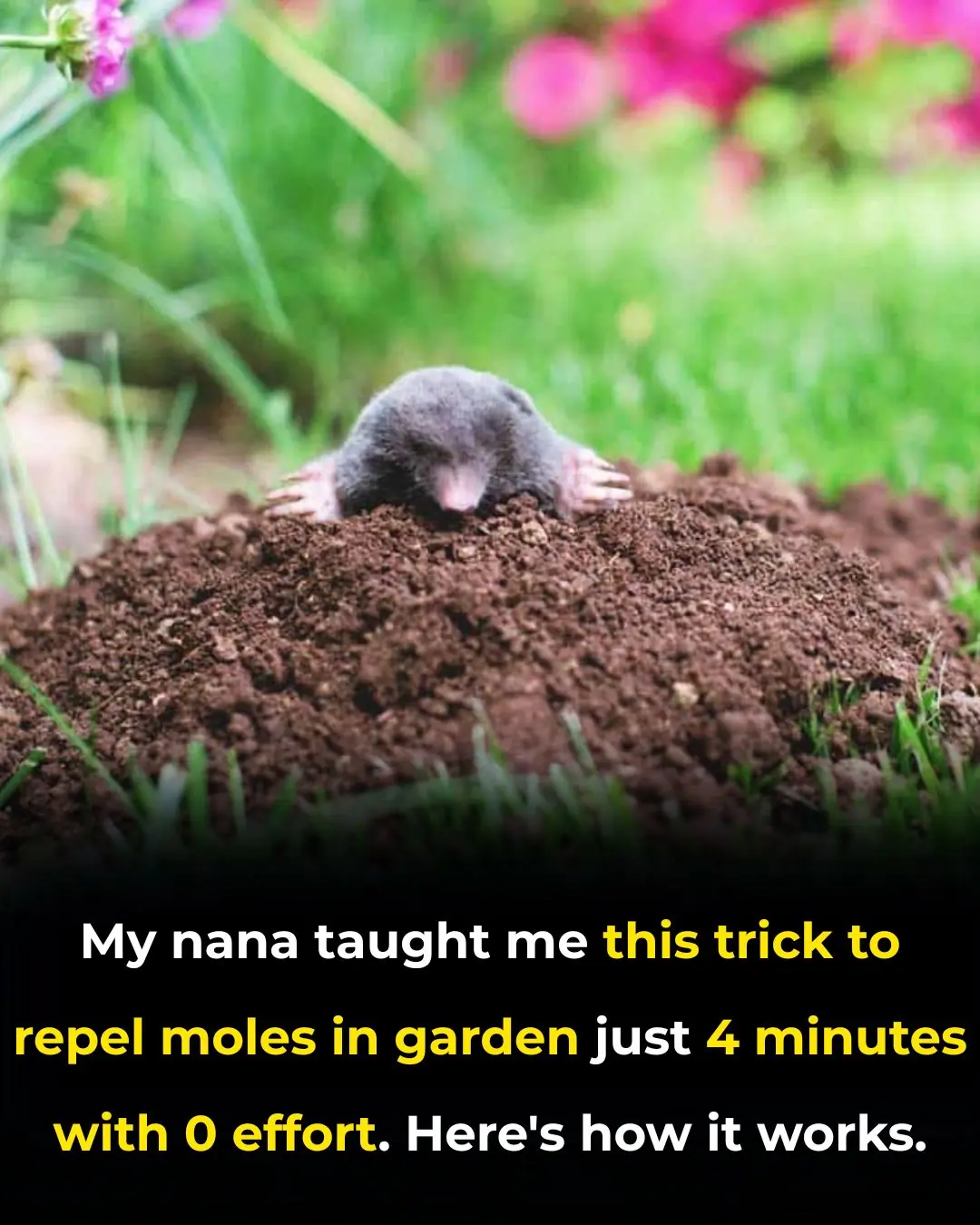She’s officially checked off a life-changing milestone—and made history in the process.
Aretha Duarte has become the first Black Latin American woman to reach the summit of Mount Everest, a groundbreaking achievement that marks her place among the world’s most elite climbers (USA Today).

Duarte’s journey to the top of the world didn’t begin on the mountain—it began in training. For 12 and a half months, she dedicated herself to intense physical preparation, working with a team of experts who believed in her dream from the start. Her mission was to join the small but determined group of over 5,000 people who have successfully climbed Everest since Edmund Hillary and Tenzing Norgay became the first to conquer the summit in 1953.
Her historic win also follows the achievements of Sibusiso Vilane, the first Black man to summit Everest in 2003, and Sophia Danenberg, the first Black woman to do so in 2006—trailblazers Duarte cites as inspiration for her own climb.
Everest itself had been closed to climbers during much of the pandemic. When Nepal reopened access in November 2020, the country required strict health checks and permits. Duarte joined the first wave of climbers allowed to return. Then, on May 23, she reached the summit—standing at 29,032 feet above sea level—and carved her name into history as the first Black Latin American woman to do so.
For Duarte, the accomplishment was deeply personal.
“Since, from the beginning, my ‘summit’ was my home, my mother and my brothers… At the end of the day, it’s about that; surpassing expected results in harmony with the environment in which we find ourselves,” she wrote on social media in Portuguese.
Throughout her climb, Duarte generously documented everything on Instagram—from the breathtaking views to the grueling physical tests. At one point, she developed pulmonary edema, a dangerous condition often caused by extreme altitudes. Still, she pressed forward with extraordinary mental and physical resilience.
“The discomfort is temporary, but the changes this journey represents will be perennial,” she reflected.
Duarte repeatedly emphasized that she did not stand on the summit alone. She credited her entire team for lifting her up—literally and figuratively—every step of the way.
“Our team is made up of human beings who breathe high performance, even when the air is thin. They open our minds to the impossible, even when routes close before our eyes,” she said.
As of April 2021, only 5,788 people in human history had successfully climbed Mount Everest (USA Today). Duarte is now one of them—an achievement that resonates far beyond the climbing world. For Brazil, for Black Latin American women, and for anyone who dares to dream big, she stands as a symbol of perseverance, courage, and unlimited possibility.
Preparing to return home to Brazil, Duarte shared a heartfelt message of gratitude and wonder as she continued to process what she had just accomplished:
“I wanted to write a beautiful text to tell you how surreal this mountain is and how much supernatural strength it took for me to arrive and return from the top with HEALTH and SAFETY, but I’m still digesting this unique and rare experience. So for now I’ll just leave my GRATITUDE here… Knowing all of this was essential for our project to climb Everest to be successful.”
Her climb wasn’t just physical—she calls it the greatest physical, emotional, and spiritual challenge of her life.
Congratulations, Aretha Duarte! Your legacy now reaches the height of the world’s tallest peak—literally. ✨






































